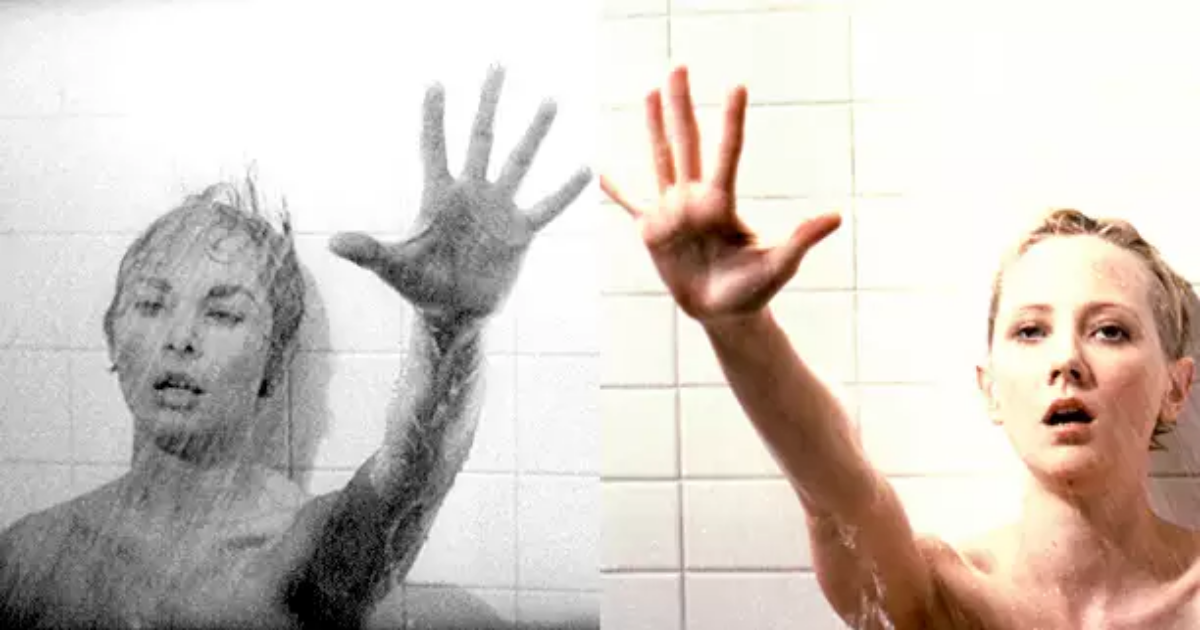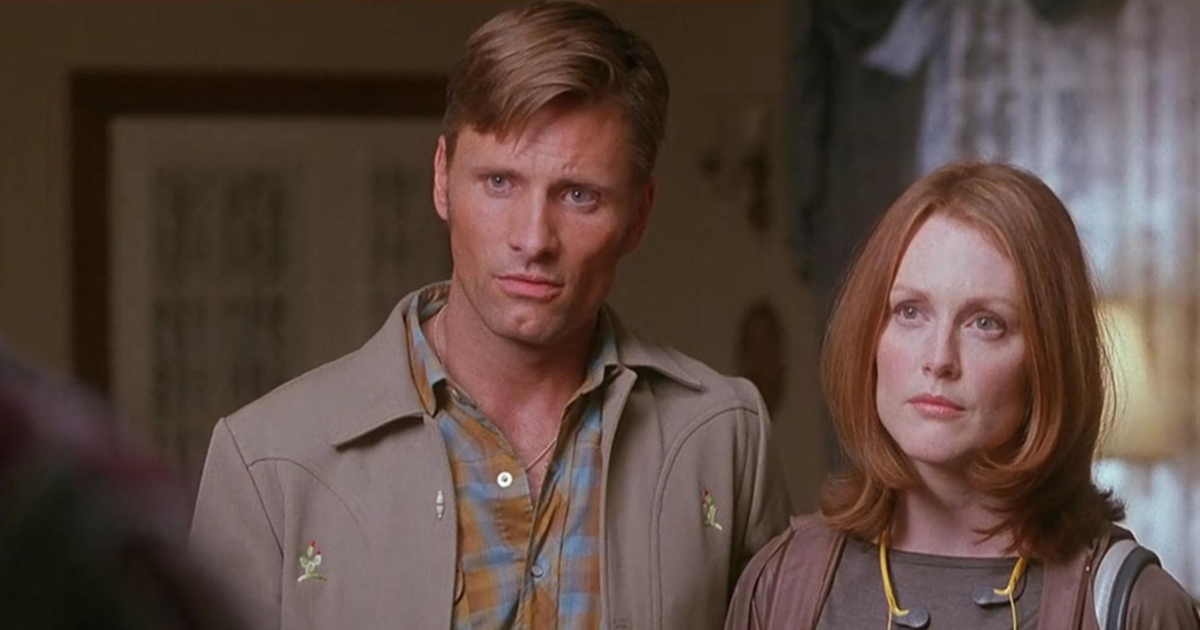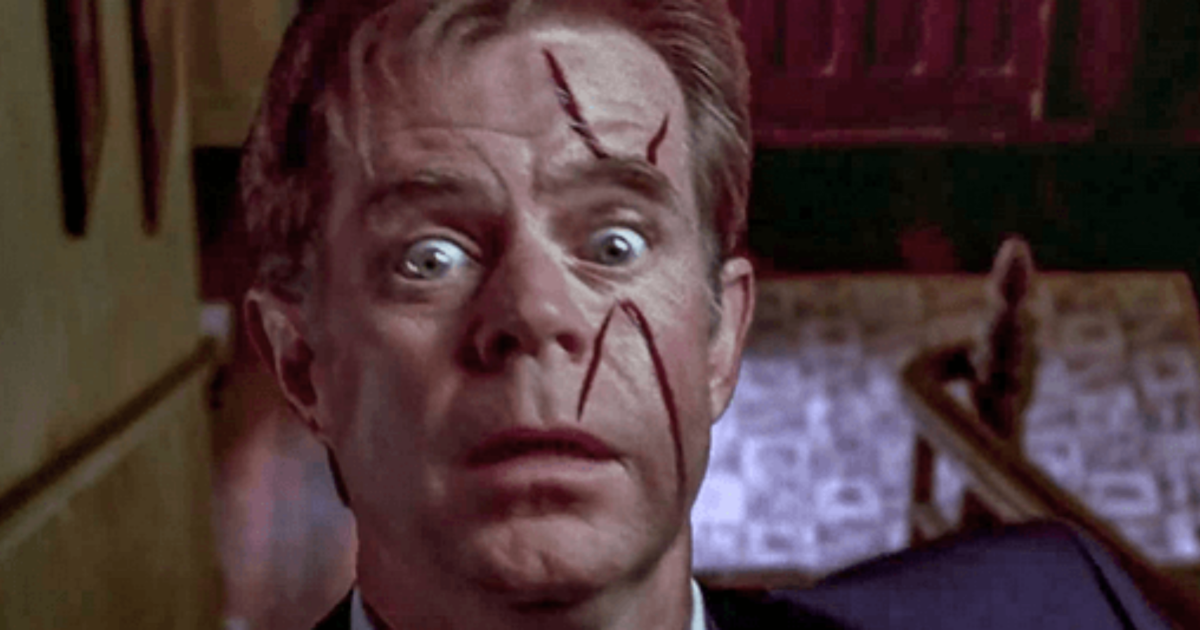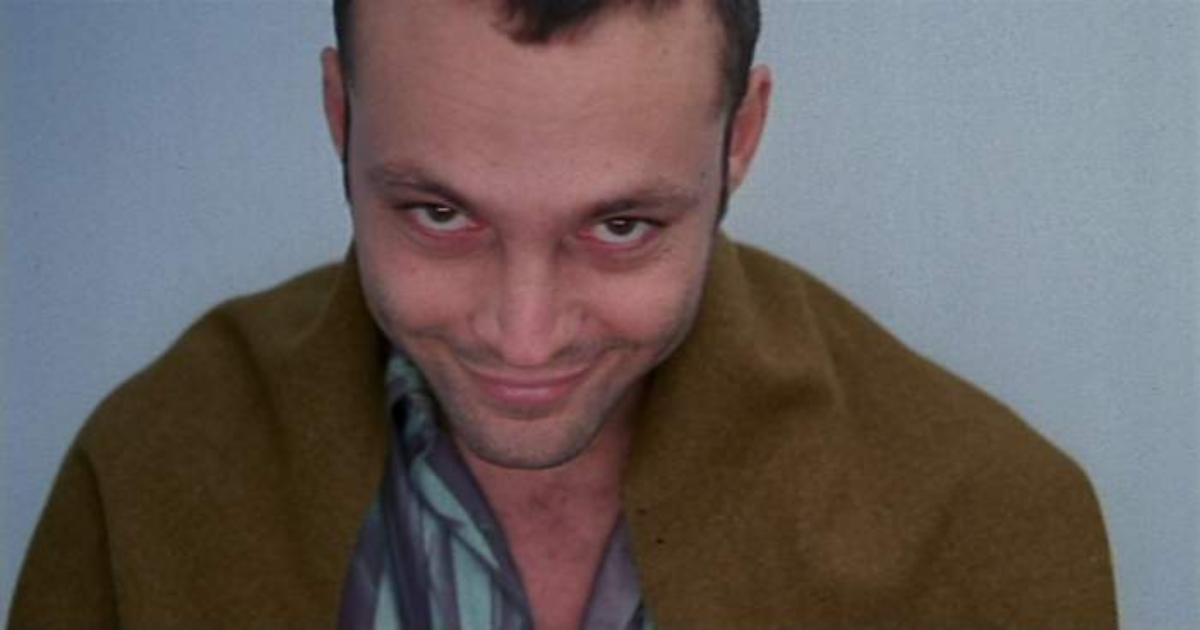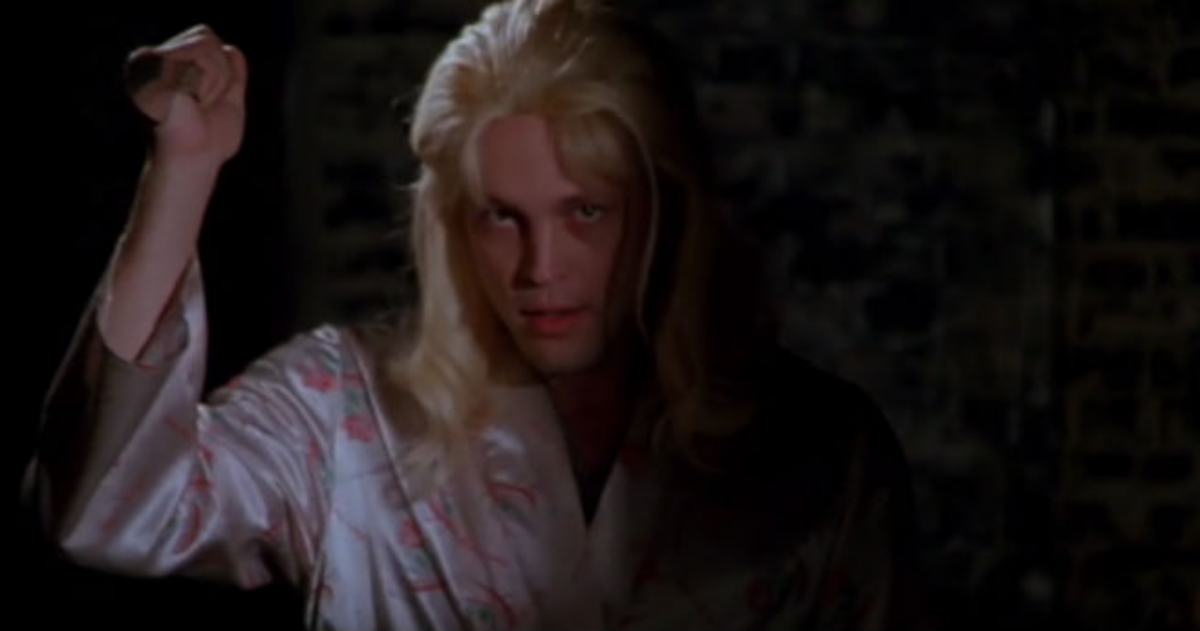If Disney remakes have proved to be the norm for Hollywood culture, it isn’t that far-fetched to find a remake of Alfred Hitchcock’s 1960 classic Psycho. Gus Van Sant helmed the 1998 remake, which starred Vince Vaughn, Julianne Moore, Viggo Mortenson, Anne Heche, and William H. Macy. Van Sant has claimed that the remake was made as an experiment.
It basically followed the exact same notes and beats of the 1960 original, except it was in color, it intercut nightmare sequences during killing scenes, and Vaughn’s Norman Bates was a bit more sexually explicit. It seems more cringe-worthy than superior, and it fails to make any kind of improvement over Hitchcock’s masterpiece.
All of that only begs the question, what did Gus Van Sant’s remake of the classic prove, positive or negative? That’s a complicated question and an even more complicated answer that begs further analysis.
Art is Subjective
If art truly is subjective, one could make the case that Gus Van Sant’s iteration of Psycho could still constitute art in its own right. However, if art is subjective, it stands to reason that many people’s verdict on the film would be that it was a simple carbon-copy of the original. That is usually the dismissal of the film, but that doesn't mean that Gus Van Sant lacks an eye for the visual arts.
His film might have actually been pretty decent if it didn’t come after Alfred Hitchcock’s original. However, looking at the film by itself, it has a unique aesthetic that could have been cherished down the line only if it was the first of its kind, but was forced to live in the shadow of its predecessor. This all supports the thesis that any remake of a truly great film is unnecessary; it will always be a remnant of more beloved and important art.
What's interesting, in regard to the subjectivity of art, is how an exact remake of a great film can actually be a bad film. How can someone enjoy Hitchcock's Psycho and then hate what is essentially an exact remake of it? Roger Ebert speculated on this in his one-and-a-half star review for the film; he may have panned it, but he writes, "The movie is an invaluable experiment in the theory of cinema, because it demonstrates that a shot-by-shot remake is pointless; genius apparently resides between or beneath the shots, or in chemistry that cannot be timed or counted." Van Sant adds to this in an interview with Marc Maron, as recounted by Collider:
So it didn’t work. But the idea was whether or not you could remake something and it would repeat the box office. That was the sort of weird science experiment… It’s more important now I think, because people like yourself will ask questions about it. It’s more alive now than it was back when it failed, just with the art world or the modern world.
Was Hollywood Running Out of Ideas?
An obvious take on what this remake proved is the standard and typical idea that Hollywood’s creative juices were running dry. Outside the fact that Van Sant wanted to make an experimental film, it really serves no purpose. Remaking a famous Hollywood motion picture is one thing, but doing so in a way that provides nothing else with regard to the characters or plot will leave many people scratching their heads, which was in fact what Psycho did in 1998. Van Sant's film is almost a thought piece on the nature of remakes themselves, as he says:
There’s a whole reason behind it… I think the process of doing it was the learning, it wasn’t necessarily the result. It wasn’t really about learning about Hitchcock, it was more that during the 90s, the joke about the executives was that they would rather make a sequel than they would an original piece, because there was less risk. They would rather continue a story that’s already known in the public, and they were really searching for some way to do that. Now they’ve found out that comics is the way to do it… but back in the 90s they hadn’t found that yet.
Regardless, an experiment about movie remakes still could have gone deeper in the character development and maybe could have even had a different ending with a more polished script, but audiences never got that; instead, Psycho was given a miscast recreation of a classic with nothing else. It could have borrowed elements from the book’s sequel Psycho II, but instead decided to play it safe in its execution. Van Sant could have even used resources from the original movie sequels Psycho II & III and made an interesting composite remake.
Admittedly, all of this was Van Sant's point. In exploring what a remake really is, he made an intellectual decision rather than an artistic or profitable one. The studio executives actually hated the idea and laughed him out of the room at first, even though they had come to him to remake a film. Van Sant recounts that he told them:
And I said, ‘What you guys haven’t done is try to take a hit and remake it exactly. Rather than remake it and put a new spin on it, just remake it for real,’ because I’d never seen that done yet as an experiment. The whole thing seemed experimental to me anyway, so I thought why not, and they laughed, they thought it was silly, ridiculous, absurd, and they left—they said, ‘We won’t be doing that.’
Ironically, not very long after that meeting, Van Sant received a nomination for the Best Director Oscar, which had several studios courting him to make a film. He got to make his Psycho experiment, after all.
Psycho Sacrilege and Disney Remakes
Van Sant's Psycho did not go over well. With a budget of $60 million, the film only earned $37 million and terrible reviews. Van Sant believed that it didn't matter whether the movie did well or terribly, thinking that the point was to simply make the film and learn from the results. Nonetheless, he was surprised by how vitriolic the negative response was, and how much it actually hurt. Ironically, the composer Danny Elfman had warned him of this:
You know they’ll kill you if you make this,’ he knew. And I said, ‘Who will kill me?’ and [Danny Elfman] said, ‘Everyone. The critics. Everybody that loves Psycho will kill you,’ and I said, ‘Yeah but Danny this is an experiment, this is not about who’s gonna get killed. This is about just doing it.’ And I thought, ‘It doesn’t matter if they kill me,’ and then later when I got killed it hurt.
The film was a failure, but when an experiment fails, it only teaches lessons and helps others learn from its failure; that's the scientific method. After Psycho, a new wave of modern remakes began, with arguably the Disney movie remakes being the best. To be fair, technically the first live-action Disney remake was The Jungle Book from 1994, and 101 Dalmatians preceded Psycho by two years, but Disney learned that a great remake could not be an exact carbon copy of the original, as Psycho was. Otherwise, fans and cinephiles would call sacrilege.
The best thing about a bad remake is that it leads viewers back to the original. In that sense, Gus Van Sant's Psycho is an important film and experiment, and not as superfluous or useless as others think. Even the great director Steven Soderbergh thinks so, creating an incredible mash-up with his experimental film, Psychos.

